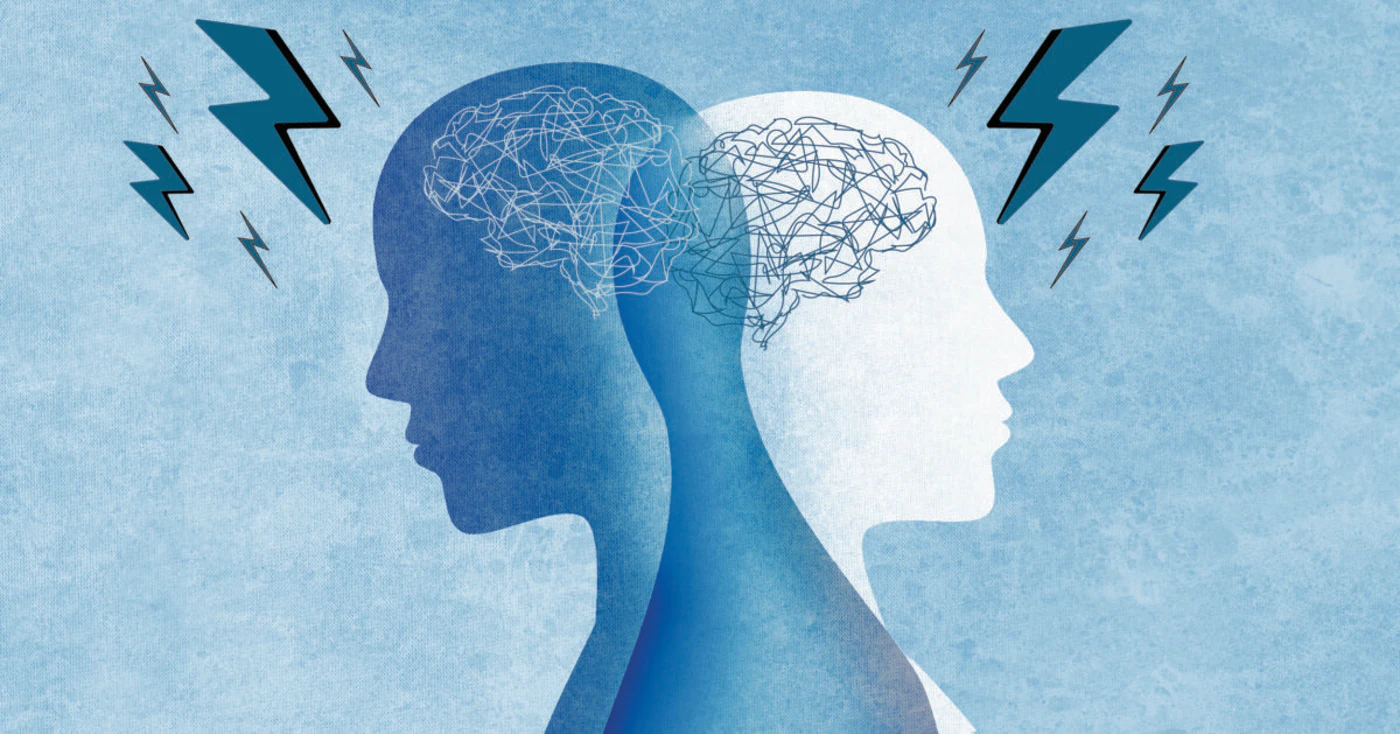Public mental health is a major concern nowadays. Mental health has a direct impact on the quality of life of an individual. Recent reports of mental health say that 1 in every 8 people in the world lives with a mental disorder. Inequities in social determinants of health are the considerable cause of this public health threat in low-middle-income countries. The ‘social determinants of health are the conditions in which people are born, grow, live, work, and age, including the health system. The mental disorders of the community primarily rely on biological factors (e.g. genetic vulnerabilities, physical disabilities), social factors (e.g. Family circumstances) and psychological factors (e.g. coping skills, self-esteem). Depression, generalized anxiety disorder, panic disorder, phobias, social anxiety disorder, obsessive-compulsive disorder and post-traumatic stress disorder are frequent adult mental health problems, existing in the community. Mental well-being is essential to an individual, community and socio-economic development. Public mental health focuses to enhance well-being and forbidding poor mental health at the population level. It is a global challenge for immediate action.
Community mental health and intervention gaps:
Public mental health involves a community-based approach to mental health which includes treatment of mental disorders, prevention of mental disorders and promotion of mental well-being of the community, including the people recovering from mental disorders and disability limitations. The mental status of an individual differs from person to person hence the interventions should design appropriately by considering the biological, social and psychological factors of the community. The reasons for the implementation gap include lack of financial, human resources and mental health services, besides lags in mental health policies, negligence towards mental health problems, lack of awareness and existing social health determinants inequalities construct interventions gaps in community mental health and well-being. Mental health required proper assessments and frame work to decrease this implementation gap – in low- and middle-income countries as well as high-income countries.
Community-based interventions to improve Public Mental Health (PMH):
Improving the quality of life by securing the inequalities of social determinants of health, which accounts for the majority of the mental health problems in low-middle income countries. A few examples of inequities of SDH are poverty, unemployment, gender discrimination, food insecurity, social isolation, poor housing and access to affordable health care. Relationship trauma, drug & alcohol abuse, peer pressure, and stress are the other burden on mental health in both high-income and low-middle-income countries. Mental health education, lifestyle changes and stress management skill training are a few primary intervention methods for a community-based approach. Primary prevention focuses to eliminate the risk factor prior to the evidence of the disease or any other symptoms. Screening for high-risk populations, appropriate treatment to maximize the benefits and better clinical outcomes for the associated population, and targeted interventions for high-risk populations and community-based mental health programs by establishing community mental health clinics and community volunteers to support victims and survivors. Mental disorders are preventable to an extent or reduce the severity of the disorder with appropriate treatment approaches. Policies and advocacy for mental health disparities, promoting recovery and ensuring support for individuals and families enhance the community-based interventions of mental health.
Dr. Nitha Jacob is Assistant Lecturer and MPH Programme Co-ordinator at the Edward & Cynthia Institute of Public Health at Mangalore.
-
Dr Nitha Jacobhttps://eciph.in/author/nitha/
-
Dr Nitha Jacobhttps://eciph.in/author/nitha/
-
Dr Nitha Jacobhttps://eciph.in/author/nitha/
-
Dr Nitha Jacobhttps://eciph.in/author/nitha/





